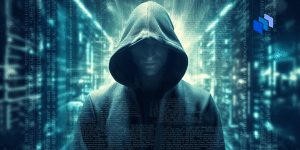What Does Copyright Infringement Mean?
Copyright infringement is the violation, piracy or theft of a copyright holder's exclusive rights through the unauthorized use of a copyrighted material or work, per the federal U.S. Copyright Act.
Copyright infringement is also known as an infringement of copyright.
Techopedia Explains Copyright Infringement
In the context of copyright infringement, an unauthorized use of a work or material is any unauthorized reproduction, distribution, performance, public display or transfer to a derivative work without the copyright owner's permission.
An infringement occurs under all of the following three conditions:
- The owner must hold a valid copyright.
- The alleged infringer must be able to access the copyrighted work.
- Duplication of the copyrighted work must occur beyond exceptions. If an exception does not apply, permission is requested by the person seeking to use the work.
Three major exceptions to copyright law – often used by educators – are as follows:
- Fair use
- Virtual instruction
- Face-to-face instruction
Software piracy involves the unauthorized use of copyrighted software programs. Most countries recognize the protection of copyrighted software, but enforcement varies globally.
By law, general copyright infringement penalties mandate that an infringer pay actual profits and damages, with a $200-$150,000 range for each infringed work. The infringer also pays all court and attorney fees. Additionally, the Court may stop infringing activity through an injunction and impound illegal works. Finally, jail time may be served, depending on the scale of infringing activities.





